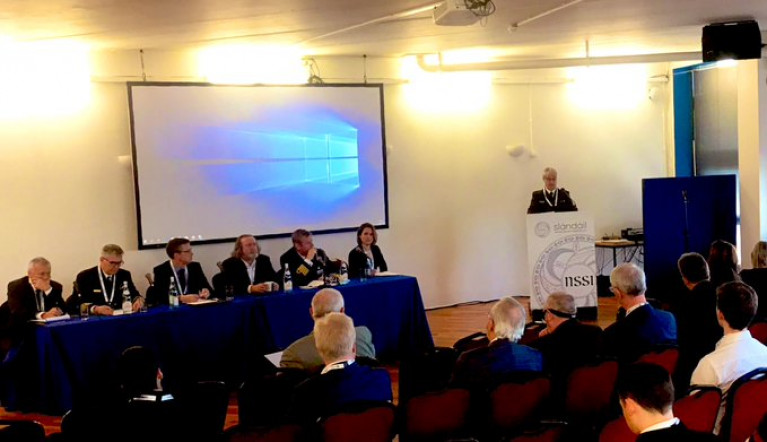Displaying items by tag: Gender Gap
Defence Forces Chief Says Gender Gap is Causing Wars
According to Gazette.ie, Chief of staff of the Defence Forces, Vice Admiral Mark Mellett told the Slandáil National Security Conference on Wednesday that climate change is driving tension and insecurity but this cannot be separated from other themes such as bio-diversity loss, over-exploitation and pollution.
'Most invasive species is human beings'
“In the context of eco-system governance, perhaps the most invasive species of all is human beings,” he said.
The gender gap is one of the biggest drivers of inter-state and intra-state violence and insecurity, the Vice-Admiral said.
“And actually, one of the things we're doing in our military is investing significantly in institutionalising a gender perspective in our soldiers and our sailors and air crew,” he said.
Reducing carbon footprint
The Defence Forces chief said: “We can’t change cultures overnight but certainly, in any mission we’re involved in, we have our gender advisors…we’re trying to bring along that change in cultures that empowers women, that improves gender equality and tries to close the gender gap.”
The UN Security Council resolution on women, peace and security, 1325, is built into Defence Forces planning and strategy, he said.
“So it’s not just about bullets and the military might,” he said.
The Defence Forces is also seeking to reduce its energy footprint continually with more efficient ways to propel (naval) ships and drive vehicles.
The main carbon use driver is fuel for aircraft and ships with 40% of energy consumption driven by the naval fleet.
New acquisitions of fleet will have electric drives.
The defence forces will be taking bets on smart technology in the future, he said.
The Slandáil National Security Summit was organised to bring together uniformed individuals in the security industry with a view to creating conversations about national security, its founder Dr Gerry Waldron said at the conference which was held at the Helix in DCU, Dublin 9.
To read more from the conference, The Law Society Gazette reports here.





























































